The rise of the Christmas kidult: "I find myself regressing back to when getting up before 10am was the peak of my ambition"
If you're 30 going on 13 come Christmas Day, fear not: it's officially a thing.
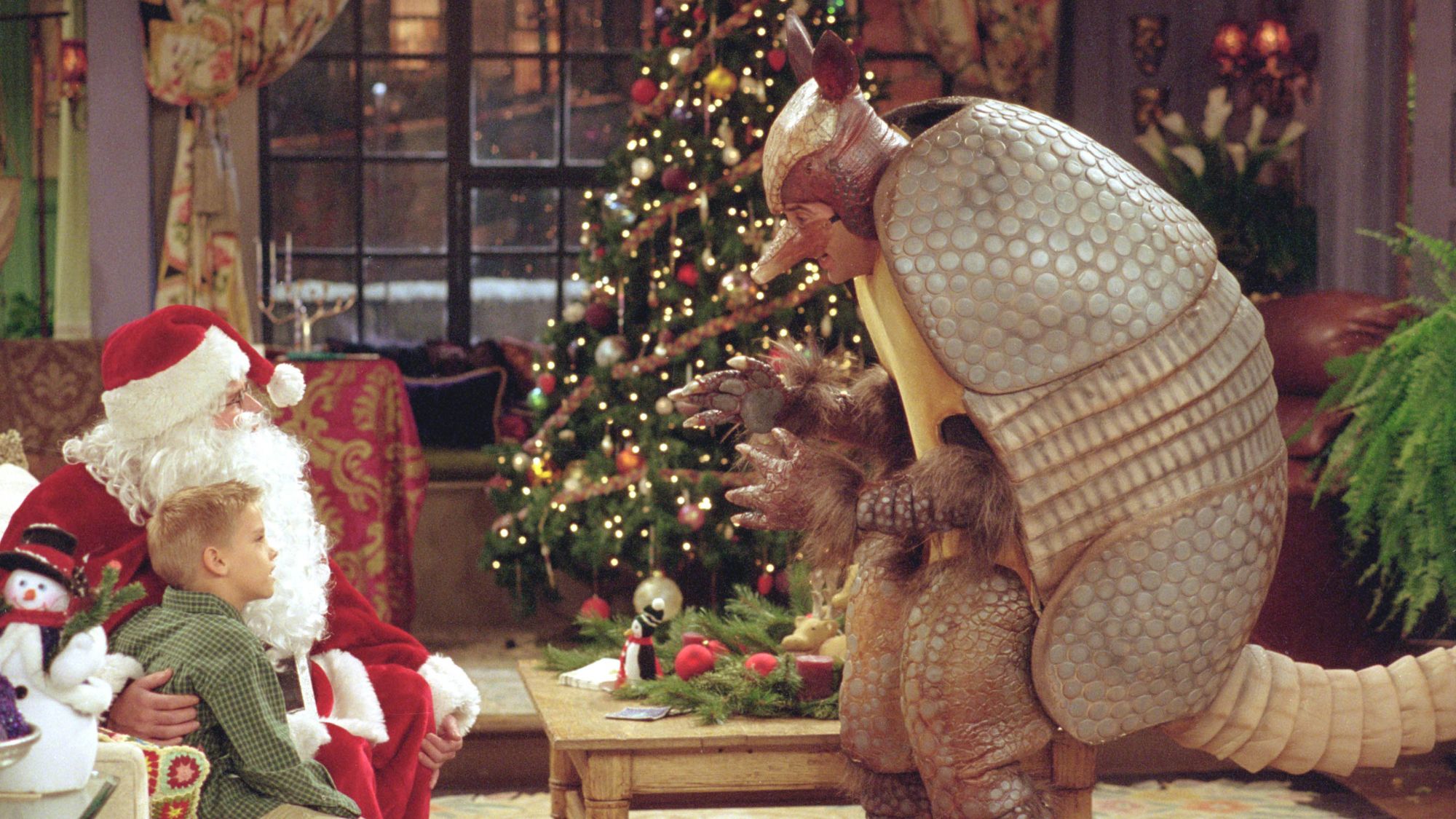
Here, writer and self-confessed "kidult" Rosie Mullender reveals her own regressive behaviour over the holidays – and delves into the psychology of festive adolescence
At 9pm on Christmas Eve last year, Mum handed me a brightly wrapped box. Inside, was a Minnie Mouse pyjama set, a jar of home-made hot chocolate with a matching red-and-white striped mug, and an Arthur Christmas DVD. I was overjoyed at receiving my first-ever Christmas Eve box – the trend which sees parents giving their children a few small gifts the night before Christmas.
Except, of course, I’m not a child – I’m in my early forties. And even as I eagerly changed into my Disney PJs, while Mum whipped me up a hot drink, I wondered if I’d taken my tendency to embrace my inner child at Christmas a bit too far.
At every other time of year, I’m a (mostly) responsible adult. I’ve got a mortgage, a freelance career built up from scratch, and a fondness for making my own sourdough bread. I can drink negronis without wincing, know how to bleed a radiator, and spend good money on fabric softener – sure signs of someone who has reached peak maturity.
Yet, when it comes to Christmas, I find myself regressing back to a time when getting up before 10am was the peak of my ambition, and my main function was to make a mess, then leave it for my mum to clean up. Without any children of our own, once my boyfriend Don and I cross the threshold into my childhood home, we’re automatically the youngest in the house – which somehow translates into all the ‘adult’ responsibilities falling on my parents’ sixty-something shoulders.
"We turn into the world's worst guests"
Once we’ve shopped for our festive food and drink (because my parents aren’t into the same foods as us, rather than in the spirit of reciprocity), Don and I hunker down on the sofa in our loungewear and, well… just stay there. While we watch The Muppet Christmas Carol and Elf on repeat, Mum keeps us topped up with gin and tonics and Quality Streets. We think nothing of delving into the parental fridge for a nibble of whatever we fancy, or of hogging the TV remote. In short, we turn into the world’s worst guests.
Writing this down in black-and-white, it feels like fairly shocking behaviour. But I’m not alone. "If I'm at my parents’ place over Christmas without my siblings and their kids, I get treated like a child – so I think, why not act like one?" says my friend Katy, 41 – who has a responsible job as a pensions administration co-ordinator and, like me, doesn’t have children.
Marie Claire Newsletter
Celebrity news, beauty, fashion advice, and fascinating features, delivered straight to your inbox!
"Mum brings me cups of tea in bed, I lounge on the sofa all day in my PJs, and my parents have to share the smaller sofa. I even find myself complaining if Dad gets more ice-cream for pudding than me, just like I used to.
"I think Mum secretly loves looking after me again, and it's a welcome break from work, paying the bills, and cleaning the house. I like to think I’d behave differently if I had kids of my own, but I still don't feel grown-up enough for that."
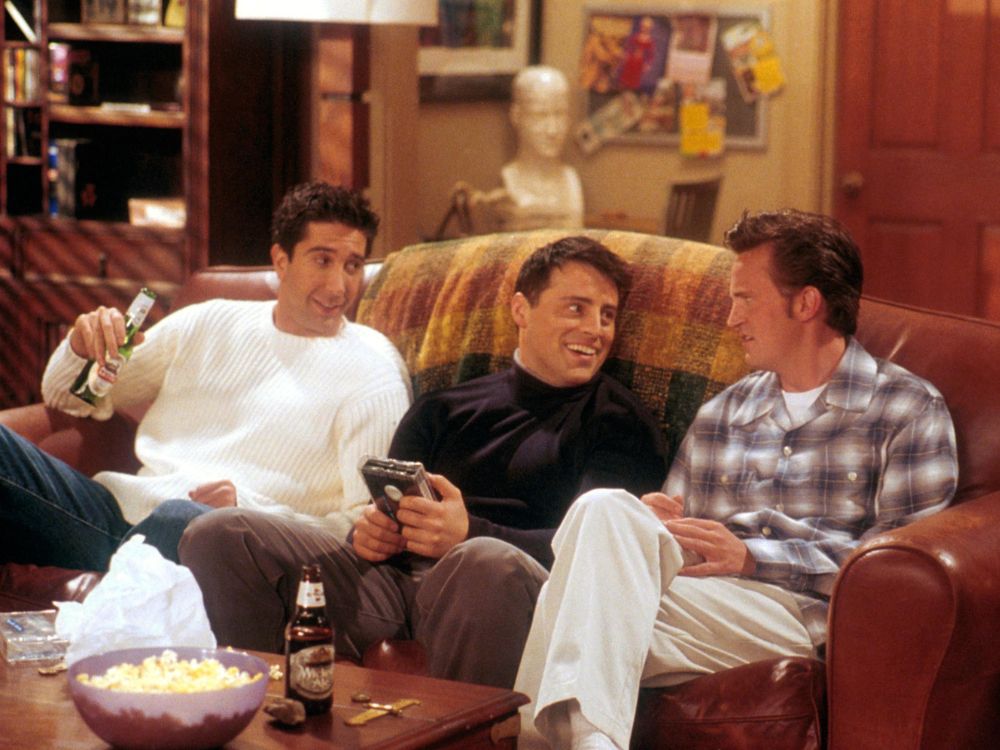
According to clinical psychologist Dr Rachel Andrew, "kidulting" at Christmas isn’t unusual – and it isn’t necessarily a sign that you’re irrevocably selfish, either.
"As individual members of a family, we form part of a system – and from an early age, we learn ways of relating to each other within that system," she says. "Often, if the family is all back together for Christmas, your old behaviours and ways of being with each other are so familiar, you’ll just fall back into them. And whether that’s healthy or unhealthy really depends on your individual circumstances."
Once you have children of your own, your place within the family dynamic shifts, along with your responsibilities and priorities. But as the average age we choose to have children gradually rises, it means we’re pushing adult responsibilities – and the need to take on a new role within the family – further and further away.
"At Christmas, I become the ultimate spoiled brat"
"Evidence suggests that we don’t start to feel like adults until much later in life than previously and, often, a defining factor that cements that feeling is having a child," says Dr Andrew.
I’ve chosen not to have children at all – partly, I’m ashamed to admit, because I like being the centre of attention at home, and not having any responsibility. But even if you plan on having children one day, being child-free right now can be a handy excuse to embrace festive kidulthood at any age.
"I don’t think I’ll feel like an adult until I have kids of my own, mainly because I’m a bit selfish right now," says my friend Rachel, 25, who revels in the freedom afforded to her by her single status. "I like lie-ins on the weekends, drinking too much red wine and spending money on clothes, coffee and Pret’s posh pickle sandwiches. I can’t imagine that changing until I have kids.
"But, at Christmas, that means I become the ultimate spoiled brat. I still get up at 5am on Christmas Day, and by 11am I’ve changed from my normal clothes into a cow-print onesie. I refuse to dress in outdoor-appropriate clothing, despite my mum’s pleas, and I even take home a pile of washing for her to do (it smells much nicer when she does it).
"Because I have to behave like a grown up most of the time, I think that means I deserve to be thoroughly spoiled when I go home – but I appreciate it’s a temporary luxury." Or, in my case, one you drag out into your forties.
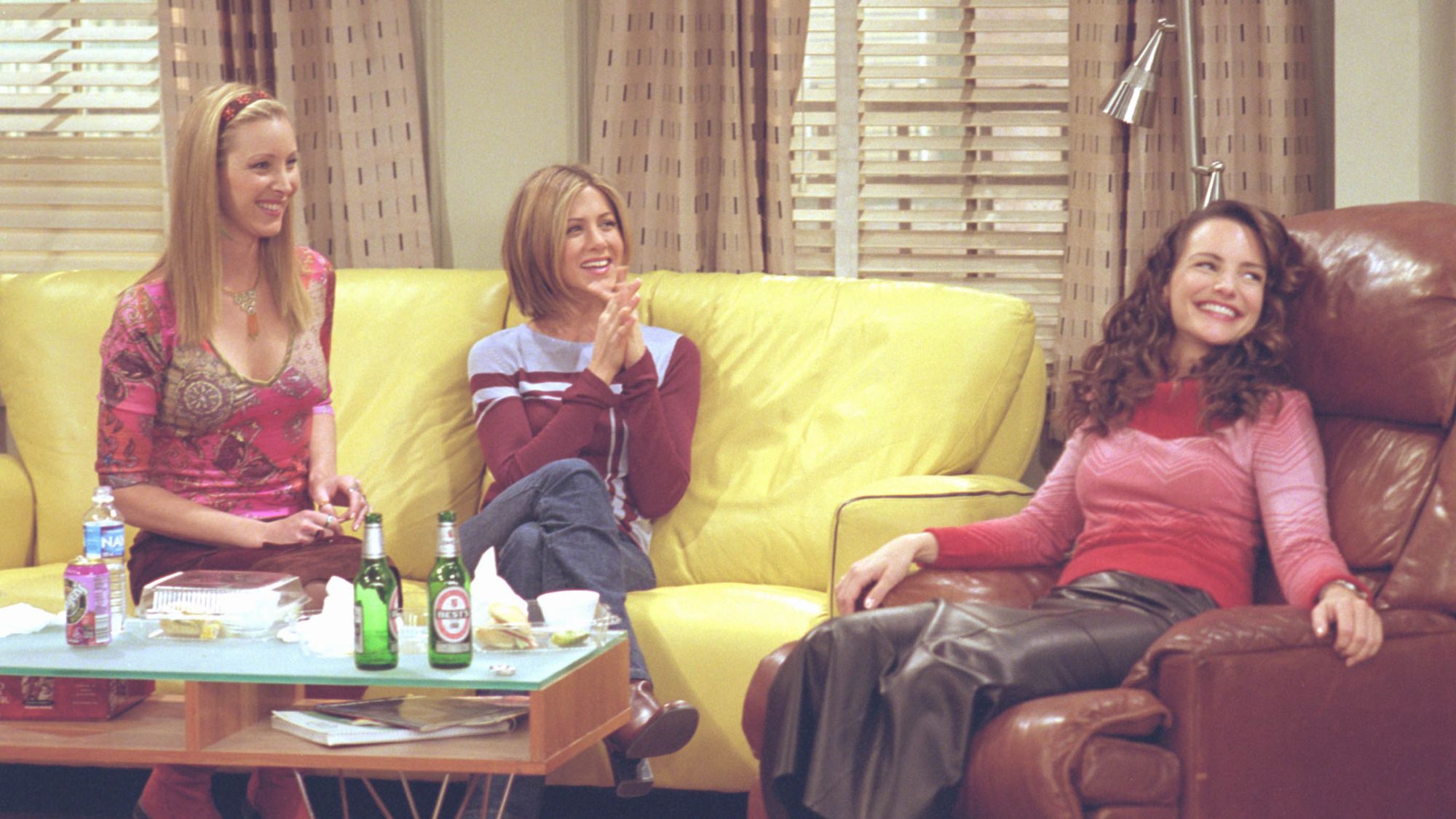
The good news is, if you find yourself throwing a minor tantrum because someone else nabbed the last advent-calendar chocolate, it’s unlikely to be a problem – as long as you limit your arrested development to special occasions, and everyone else is happy to play along.
‘If you slip into bad habits when you go home, and other family members are happy to slip back into their roles too, it doesn’t often present a difficulty,’ says Dr Andrew.
‘Problems can arise if one person doesn’t want to take on their old role anymore, or if you’re an adult but still very much avoiding responsibility and inhabiting a childlike role late in life. But, for most people, it won’t become a huge issue.’
I’ve tried in the past to be more grown-up at Christmas – one year, I even offered to give Mum a break and cook Christmas dinner. I spent hours meticulously planning the perfect feast, which took me two days to prepare. But then, when Dad left the table "too early" (as I deemed it), to visit my elderly gran, I burst into tears. So very grown-up.
And, as evidenced by that carefully wrapped Christmas Eve box, my mum is all too happy to indulge – most of the time. "Because you love Christmas so much, it makes me feel like a child again too," she says. "It’s tiring, but you’re always grateful when I do things for you. I just wish we had a few more sofas…"
How to ditch your inner "kidult" this Christmas
Etiquette expert William Hanson has these tips for behaving like the perfect guest
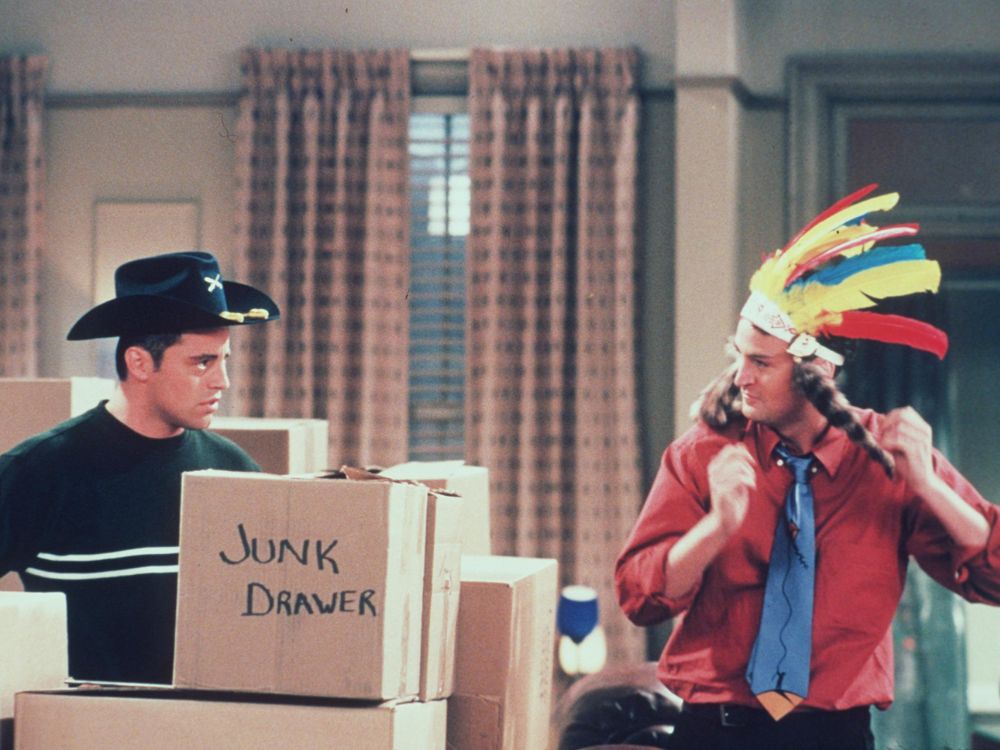
Your parents’ house is no longer your home. So avoid using it like it still is. You are, first and foremost, their guest – being their offspring doesn’t give you a right to abuse their hospitality.
Never arrive empty handed. The rule of bringing hosts a gift still counts. It needn’t be lavish, but do arrive with something – some coffee or tea, or perhaps a bottle of your parents’ favourite aperitif?
Help! Whether it’s washing up or walking the dog, a guest should always offer to assist. Parents may politely decline offers of help from other guests, but offspring should know better and insist on lending a hand.
Know when to make yourself scarce. This applies to any houseguest. Don’t expect to be waited on hand and foot throughout your stay, and make sure you get out of your host’s hair at points throughout the trip so they can relax a little, too.
Remember, it’s a two-way street. While you shouldn’t treat your parents’ house like you may have done when you were living there full-time, they mustn’t treat you like a child, either. If they forget this, take them to one side and politely point out how it makes you feel.
-
 Style Briefing: Matthieu Blazy's last hurrah
Style Briefing: Matthieu Blazy's last hurrahHow the designer delivered a fresh perspective while also honouring its history of craft and creativity
By Rebecca Jane Hill
-
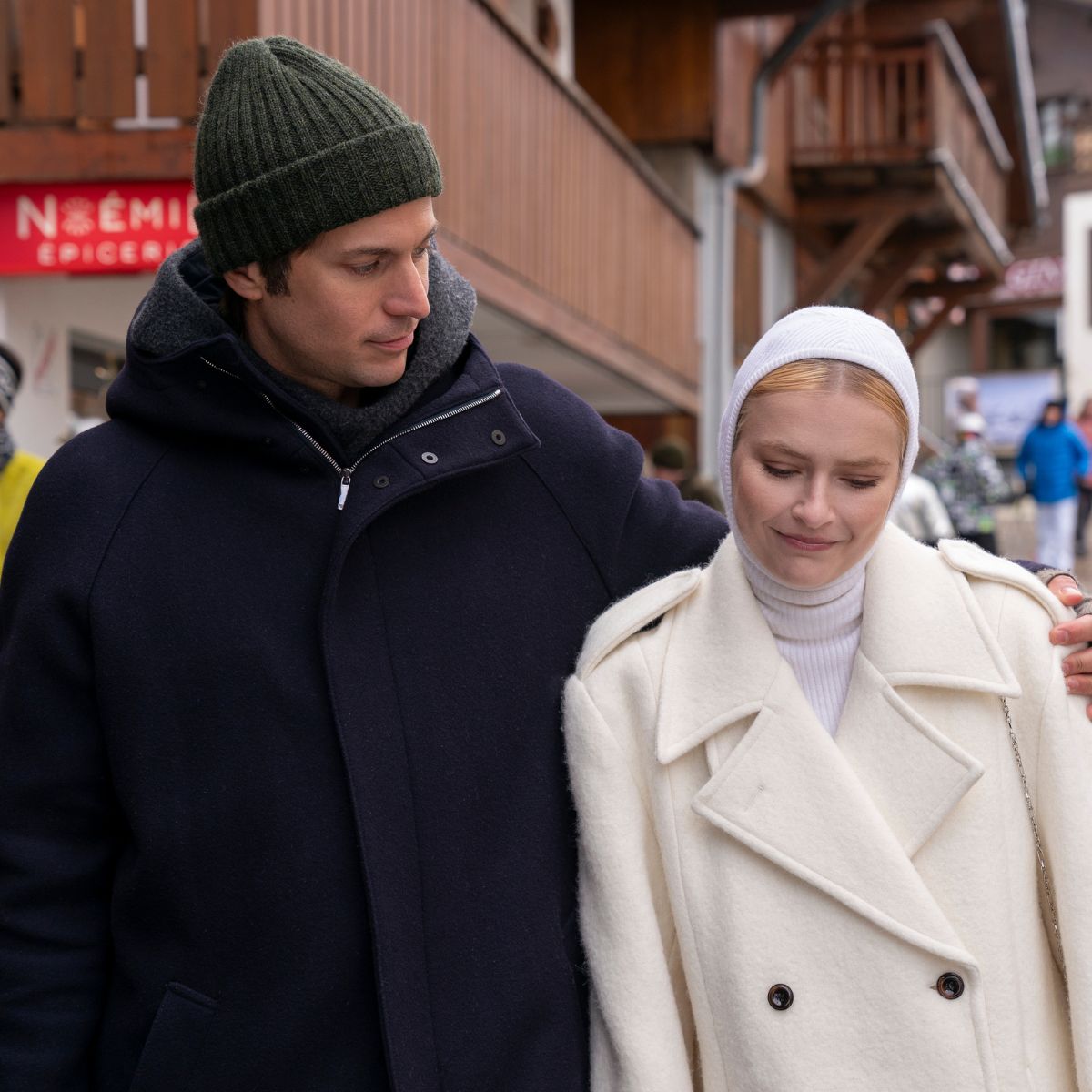 The Emily in Paris cast has spoken out as one of its stars officially quits the show
The Emily in Paris cast has spoken out as one of its stars officially quits the showBy Jenny Proudfoot
-
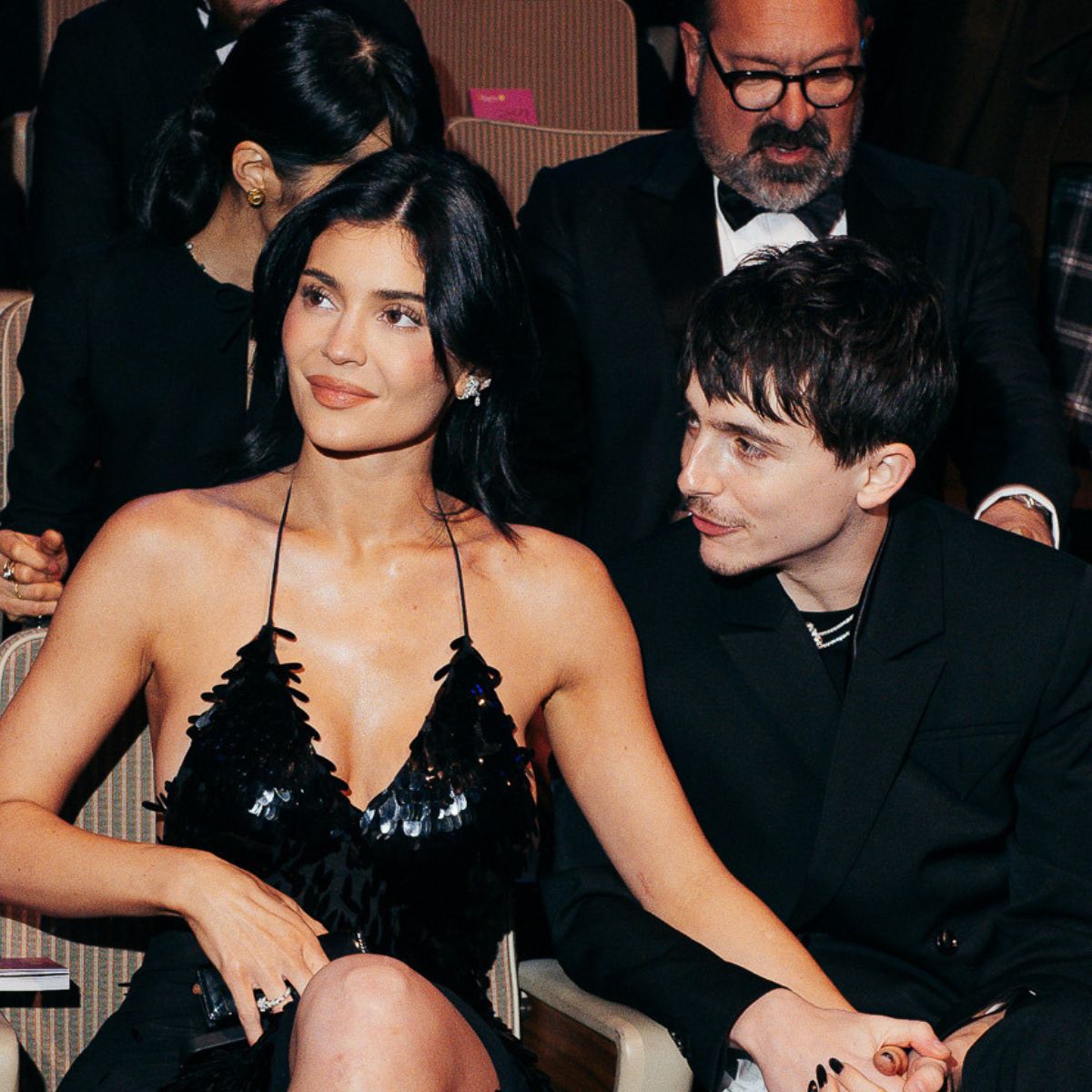 Timothée Chalamet’s mother has opened up about his relationship with Kylie Jenner
Timothée Chalamet’s mother has opened up about his relationship with Kylie JennerBy Jenny Proudfoot